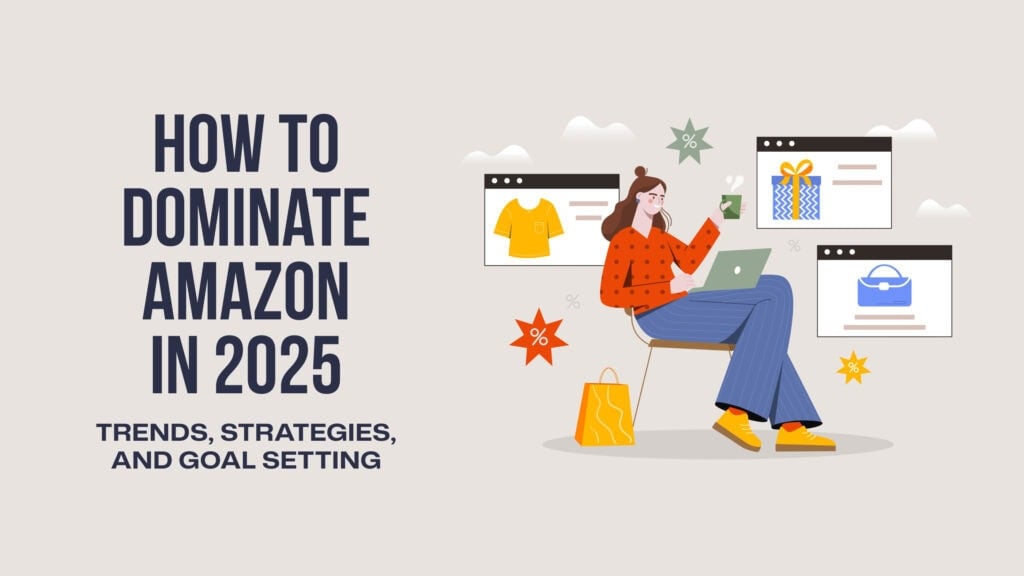Consumer data security is yet again in the spotlight in light of recent cyber attacks and data dumps.
On Tuesday, WikiLeaks published a plethora of details outlining the Central Intelligence Agency’s cybersecurity tactics, including their unwarranted hacking mechanisms. The information released is the first data dump in a series of releases planned by WikiLeaks under the moniker and now hashtag Vault7.
The exposed documents illustrate the CIA’s ability to hack mobile operating systems, smart TVs and more.
They specifically outline the government’s ability to hack vulnerabilities in operating systems – such as Apple’s iOS and Windows – that the manufacturers don’t yet know of.
Former President Barack Obama created the Vulnerabilities Equities Process as a means of preventing U.S. intelligence agencies exploiting vulnerabilities in operating systems without notifying manufacturers. The process was supposed to reign in some of the intelligence community’s expansive powers without compromising intelligence gathering. It purportedly utilized the nation’s cyber security dominance yet also ensured the security of consumers.
This data dump by Wikileaks suggests that the process was not sufficient to protect consumer data.
Concerns surrounding the leak go beyond criticism of Wikileaks as compromising national security and raise questions about consumer data security in the age of cyber warfare.
Now that Wikileaks has made public hacking tools utilized by U.S. intelligence for mobile devices that the manufactures were not prepared to patch, consumer data security is increasingly a top priority.
With so many aspects of life being digitized – sensitive health information, home security, and voice assistance – reports suggest that consumers may shy away from products and services that require an immersion in the digital world. As a safety mechanism, consumers may be wary of emerging technology whose security is unknown in light of information revealed from Wikileaks and instead use existing analogue or more secure technologies.
This could mean a major hit to the tech sector.
For example, smart TVs collect a swath of data on their users, an issue highlighted in the Wikileaks dump. Similarly, voice-assisted technology such as Amazon’s Echo leave open the possibility of eavesdropping by the government or "blackhat" hackers. These products may not be as blindly welcome in consumer homes due to the growing uncertainty surrounding cybersecurity.
But it isn’t just the tech hardware sectors that face market uncertainty. Cyber insurance plans may face turmoil as well.
Cyber insurance plans are expensive due to data breaches and the demand for identity protection. As predicted by Business Insider Intelligence, cyber insurance premiums are skyrocketing. By 2020, the market will reach approximately $8 billion annually. One of the major costs for cyber insurance plan providers is researching potential risks and viral exposures that would leave their consumers vulnerable.
MORE TECH STORIES FROM CAPITALISM.COM:
• Solving Human Error with FinTech: New Software Automation Replaces 360,000 Hours of Work
• Amazon Flies the Friendly Drones
• Should Robots Pay Taxes?











